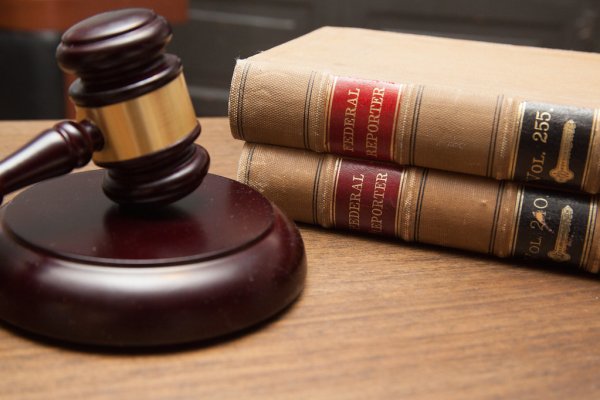
[ad_1]
The seventh prosecution witness in the trial involving Dr Stephen Opuni, former Managing Director of the Ghana Cocoa Board (COCOBOD), and two others, said that “our investigation was not about farmers’ compliance with lithovit follar fertilizer.
Chief Inspector of Police Thomas Prempeh Mercer, the investigator for the trial, said the investigation focused only on testing the product and what was ultimately provided to farmers to apply to their cultures.
Chief Detective Inspector Prempeh, under cross-examination by Mr. Nutifafa Nutsukpui, lawyer for Seidu Agongo, CEO of Agricult Ghana Limited, said it became necessary during the investigations to speak to two farmers, which was insignificant due to the number of cocoa farmers in the countryside.
Mr. Nutsukpui pointed out to the witness that their investigations did not reveal any farmer complaint registered by the Cocoa Research Institute of Ghana (CRIG) or any of COCOBOD’s divisions against lithovit follar fertilizer, but the witness did not disagree.
The witness again disputed the idea that their investigations never resulted in a farmer’s complaint about lithovit fertilizer recorded by CRIG.
Chief Detective Inspector Prempeh said their investigations focused on the fact that Agricult Ghana Limited, through its CEO, presented to the COCOBOD board in May 2013 the lithovit fertilizer in the form of powder and when applied to cocoa it would produce more yield.
He said that it is on this basis that COCOBOD forwarded the agrochemicals on May 15, 2013 in powder form to CRIG for testing.
The witness testified that the final report sent to COCOBOD also indicated that the lithovit fertilizer was in powder form.
Counsel asked the witness that as part of their investigation he found out how much Dr Opuni was earning monthly at COCOBOD, the witness replied in the affirmative but was unable to mention what Dr Opuni was earning.
When asked if it was possible that the 25,000 GHS, paid by Mr. Agongo to Dr. Opuni’s account, could be his own money, the witness disagreed.
The witness told the court that he explained and produced evidence to support his explanation that Dr Opuni in his statement said he gave money to Mr Agongo to be deposited into his account, but Mr Agongo, on the other hand, said he did not remember but the money was more intended to support Dr Opuni’s Needy Children’s project.
He agreed with the lawyer that the GH ¢ 25,000 was within Dr. Opuni’s earning capacity.
The witness told the court that as part of their investigations, they also investigated the renewal of the CRIG certification and came across a letter urging Agricult to make payment for its certificate renewal.
He also agreed that they had come across an invoice made out for the company to make payments for the renewal of the CRIG certificate and also receipts and that when “it was necessary, he could make them available”.
It was on this note that the court ordered the witness to produce the invoices, receipts covering the renewal of the certification from 2014 to 2017.
Dr Opuni and Mr Agongo face 27 counts, including fraud by false pretenses, deliberately causing financial loss to the state, money laundering, bribery by a public official and violation of the law on public procurement.
They have both pleaded not guilty to the charges and are each on bond of GH ¢ 300,000.00. The case was adjourned until March 29, 2021.
— RNG
Source link